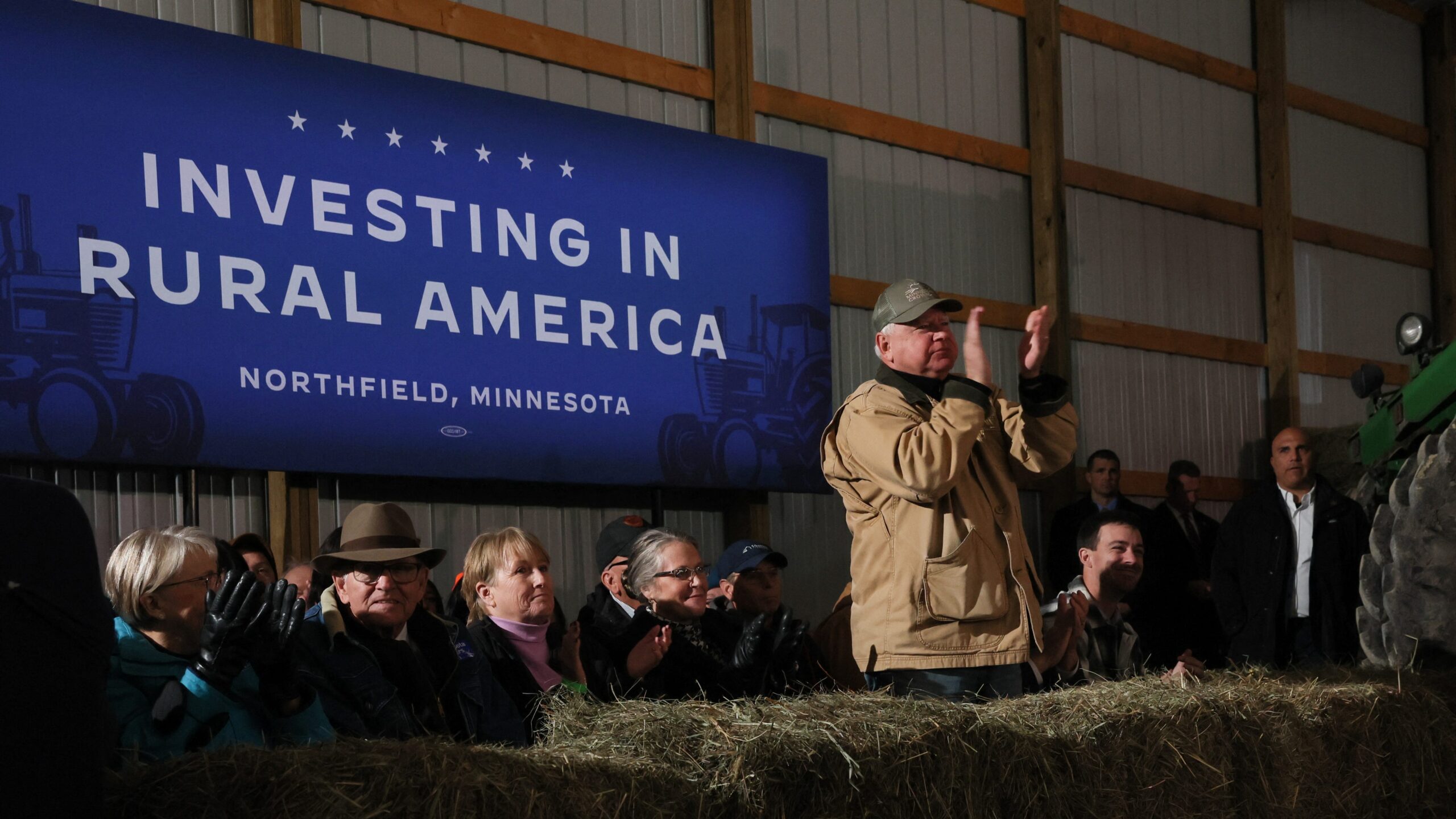Minn Fraud Committee. Camera asks legislators not to give direct money to non -profits
What is the Democrat-Fermer-Professional Party? What to know about DFL
The Democrat-Fermer-Mări Party (DFL) is a political party exclusively for Minnesota formed in 1944, when the Democratic Party of Minnesota and the Party of the Minnesota Phaer merged.
- A bipartidist group of Minnesota MPs asks their colleagues to cease to use subsidies called legislatively to finance non -profit.
- MPs claim that a competitive process of granting, with adequate supervision, is a more responsible way to distribute taxpayers money.
- Opponents in this opinion say that legislative subsidies can help smaller non -profit that may not be successful in a competitive process.
- The office of the legislative auditor has repeatedly raised concerns about the lack of supervision for subsidies called legislatively.
A bipartidist group of the Minnesota MPs in the Committee for Modalities and Means of the House and a fraud prevention committee asked the legislative colleagues to refrain from allocating the funds directly to non -profit without a process of competitive subsidies this year.
Legislators on both sides for years have granted taxpayers directly to non -profit to complete government works, such as preventing violence or providing food for needy families.
State agencies usually grant a non -profit subsidy after carrying out substantive checks and analyzed numerous proposals, finally offering the applicant who best meets their criteria. But MPs in Minnesota can also offer that competitive process and directly appoint a non -profit, granting funds in a budget invoice through what they are known as subsidies called legislatively.
These subsidies have been full of problems over the years.
The letter to the budget drafting parliamentarians request to cease to grant money through the subsidies called legislatively, as they elaborate budget invoices for the respective committees in the following weeks. The legislature must pass a budget of two years until June 30, although the legislator is scheduled to postpone May 19.
“When you have adequate funds for private entities, please take into account the agencies to use a competitive process to select these entities, rather than call them directly in law,” the parliamentarians wrote.
Legislatures are able to propose any invoices, so they do not prevent them from continuing to appoint non -profit and to give them funds – apart from asking them as in Wednesday.
In 2023, the legislator led by democratic-fermer efforts approved over $ 1.1 billion in subsidies called legislatively for non-profit, some receiving more money from parliamentarians than they normally obtain other subsidies and donations in a whole year.
According to a 2023 audit, Minnesota struggles to supervise the money the door sends. The office of the legislative auditor has found “omnipresent non -compliance” with the subsidies management policies, “problems of signaling with responsibility and supervision” of the 500 million dollars that the state sends in a typical year.
Both competitive subsidies and legislative subsidies are supposed to go through the same type of supervision by the state agencies, but the office of the legislative auditor has found that the agencies have failed to provide the same supervision of the subsidies called legislative for competitive subsidies.
Ola recommended the parliamentarians not to use subsidies called legislatively since 2007, or the year the first iPhone was launched.
Proponents of subsidies called legislatively say that the practice allows smaller non-profit, less established, an opportunity to receive state funding, because they can be ignored in a competitive process. A competitive process can also be useless if, for example, a non -profit is the only organization in Minnesota area that offers a certain service, say the Proponents.
“Direct loans can be most suitable for certain circumstances, such as the place where there is a single private entity that can meet the identified need,” the parliamentarians wrote. “But this should be a rare exception, rather than a general process. In addition, the entity should be specified by name, rather than using a description of the law of the session for which a single entity could qualify.”
Last year, Democratic parliamentarians approved a draft law that required companies such as Uber and Lyft to contract with a non -profvacy organization to provide driver services. The draft law appeared adapted to describe the Uber/Lyft drivers association in Minnesota. The organization has been accused of fraud and misleading commercial practices by Uber and Lyft drivers.
The Minnesota reformer is part of the news states, the largest non -profit news organization oriented in the country.
#Minn #Fraud #Committee #Camera #asks #legislators #give #direct #money #profits
